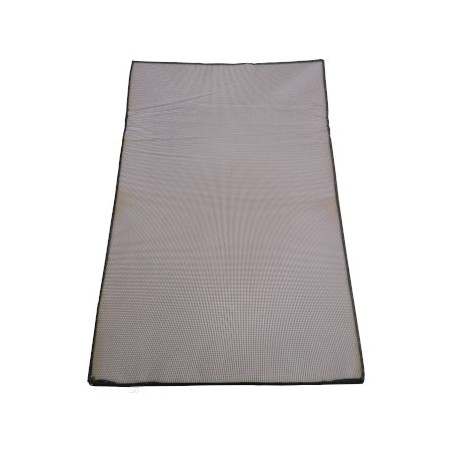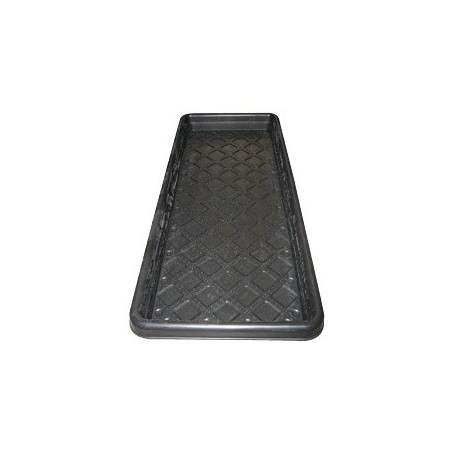The Ministry of Agriculture and Rural Development of Mexico (SADER, previously SAGARPA), through the National Service for Agri-Food Health, Safety and Quality (SENASICA), in coordination with the governments of the states and the pig producers, has implemented health related actions for the epidemiologic surveillance against African swine fever (ASF), in accordance with the already existing programs on the farms.
The preventive strategy includes an agreement with the Animal Health Committee of Canada and the USA, that plans on taking actions to strengthen the surveillance in the borders, because this is a continental risk with an alert level.

The SADER's body (SENASICA) keeps a constant communication with the producers in the pig sector and carries out, together with them, regional simulations in Jalisco, Durango, Yucatán, Veracruz and Chiapas in order to act in case that any eventuality appears. The Veterinary Medicine Academy of Mexico supports these activities.
It also designed a campaign together with the Ministry of Tourism (SECTUR), The National Air Transport Chamber (CANAERO), the Confederation of Customs Agents' Associations of the Republic of Mexico (CAAAREM) and the National Institute for Migration (INM), to spread preventive information to the users of means of transport for tourists related to the movements of goods that entail a risk.
The strategy considers that the SENASICA's staff that works in ports and airports must strengthen the inspection tasks to avoid the entrance of pork, hunting trophies, hides or live pigs, especially if they come from Asia and Europe, where the disease is present.
Sanitary mats were placed in the airports, at the exit from the aeroplanes, so the passengers clean and disinfect their footwear, because they could be carriers of the disease.
Additionally, the SENASICA's staff disinfects, in the aeroplanes, the areas where the food and garbage produced by the passengers during the flight are stored.
The inspectors supervise that when the tourist leave the aeroplanes they do not bring with them leftovers, and if such a situation occurs, they will ask the passengers to dump them in special containers. When they detect high-risk products, they will seize and incinerate them at once.
The tourists' collaboration is also requested so, in case of wishing to bring foods into Mexico they first verify the list of allowed and forbidden products issued by the SENASICA for the control of the goods regulated by the SADER.
ASF, that is not present in the American continent, is a swine infectious disease that affects pigs and wild boars (whether domestic or wild) of all breeds and ages. It is due to a virus that causes several syndromes. It is characterised by a high fever, haemorrhages in the reticuloendothelial system and a high mortality of the affected animals.
Friday, December 21st, 2018/ SADER/ Mexico.
https://www.gob.mx/sader








